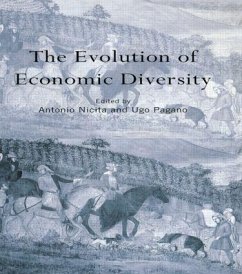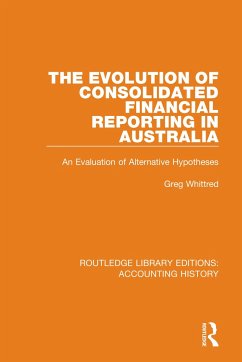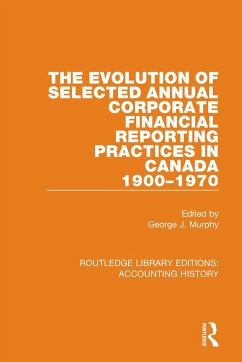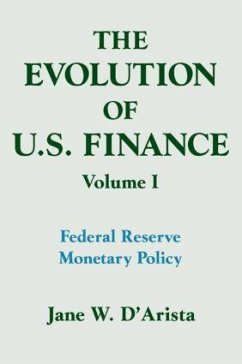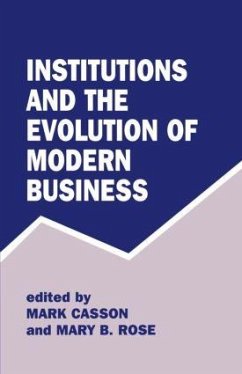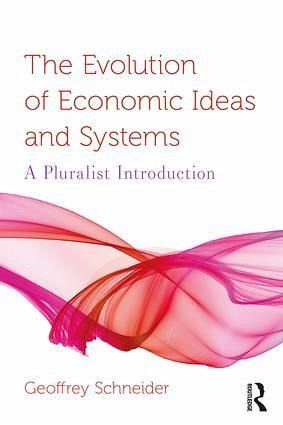
The Evolution of Economic Ideas and Systems
A Pluralist Introduction
Versandkostenfrei!
Versandfertig in 1-2 Wochen
66,99 €
inkl. MwSt.
Weitere Ausgaben:

PAYBACK Punkte
33 °P sammeln!
This text presents a ground-breaking, pluralistic introduction to economic history and the history of economic thought drawing on various economics schools of thought and encouraging students to consider which ideas and systems are still relevant in the modern world.






